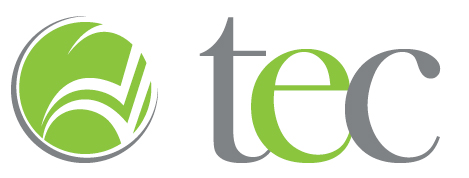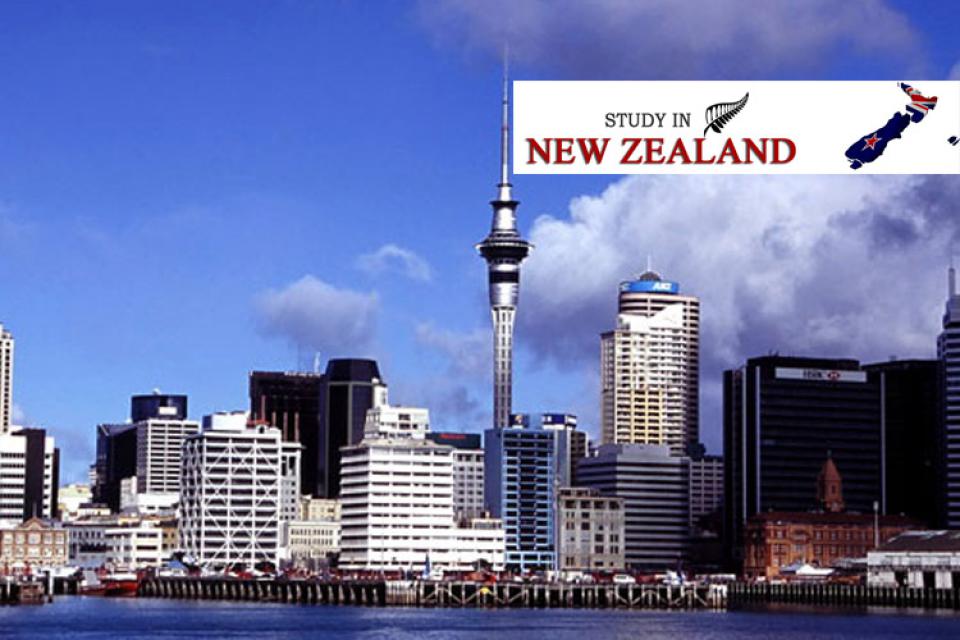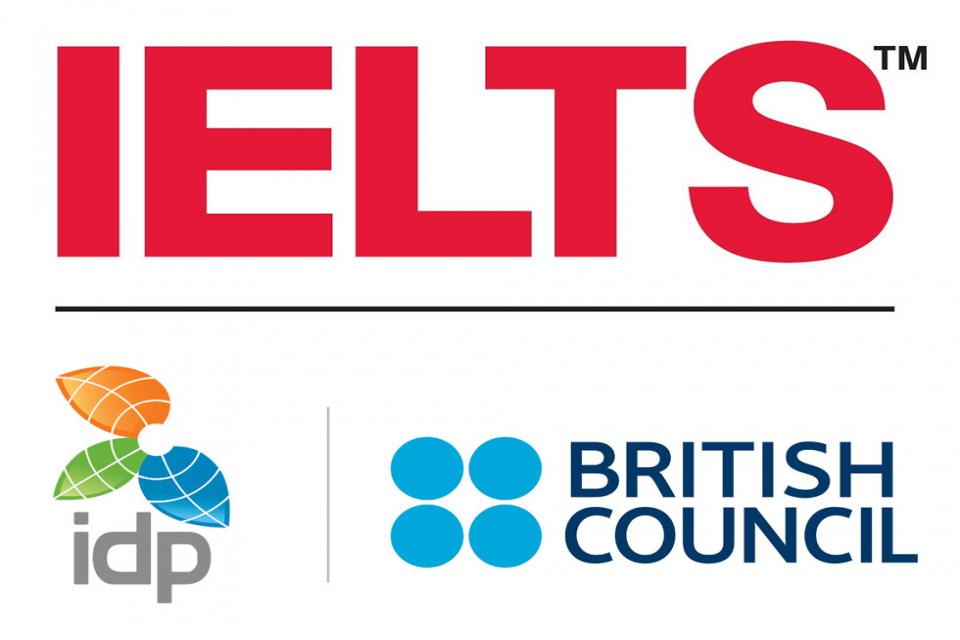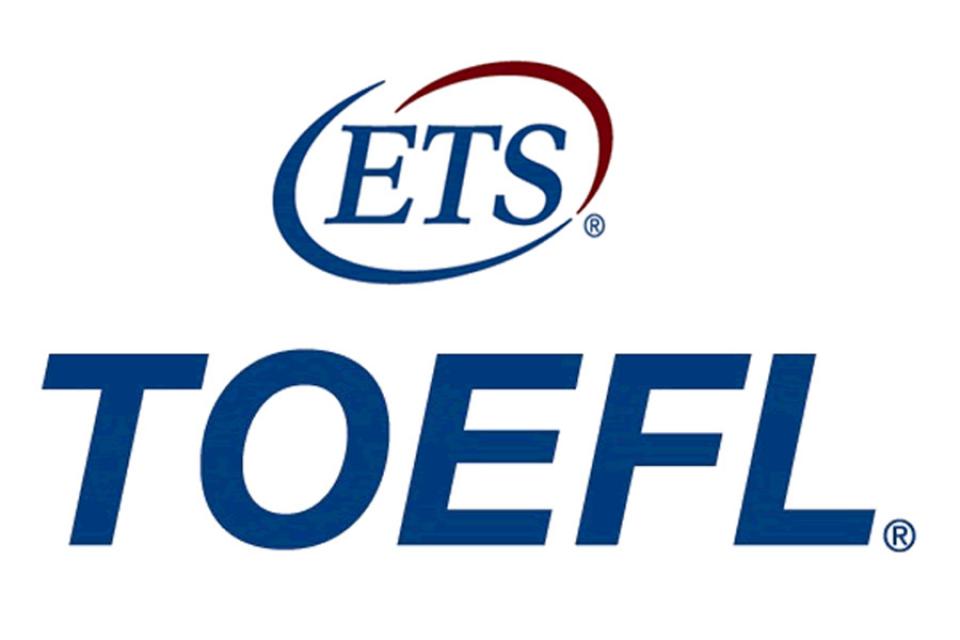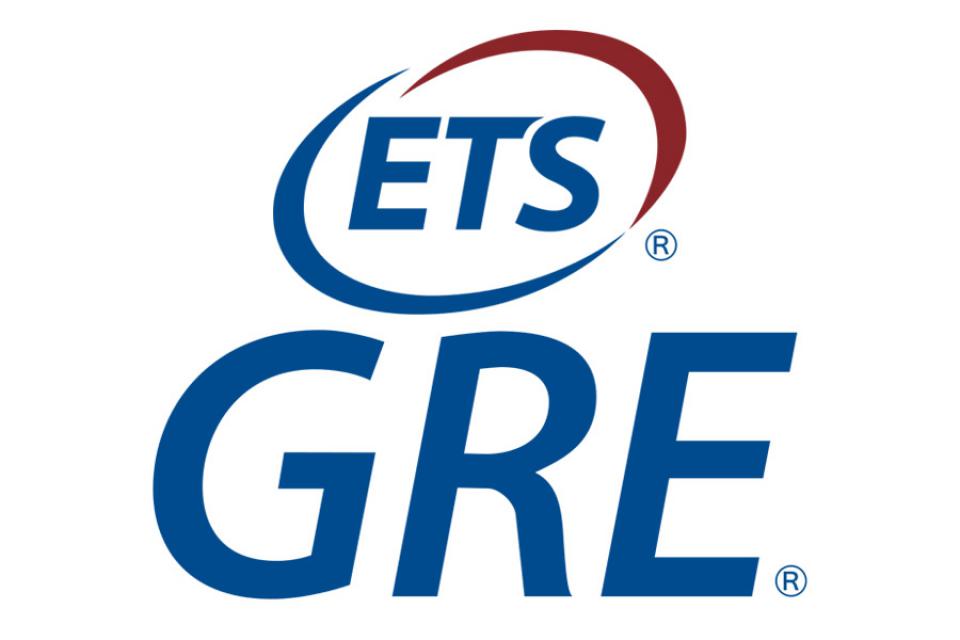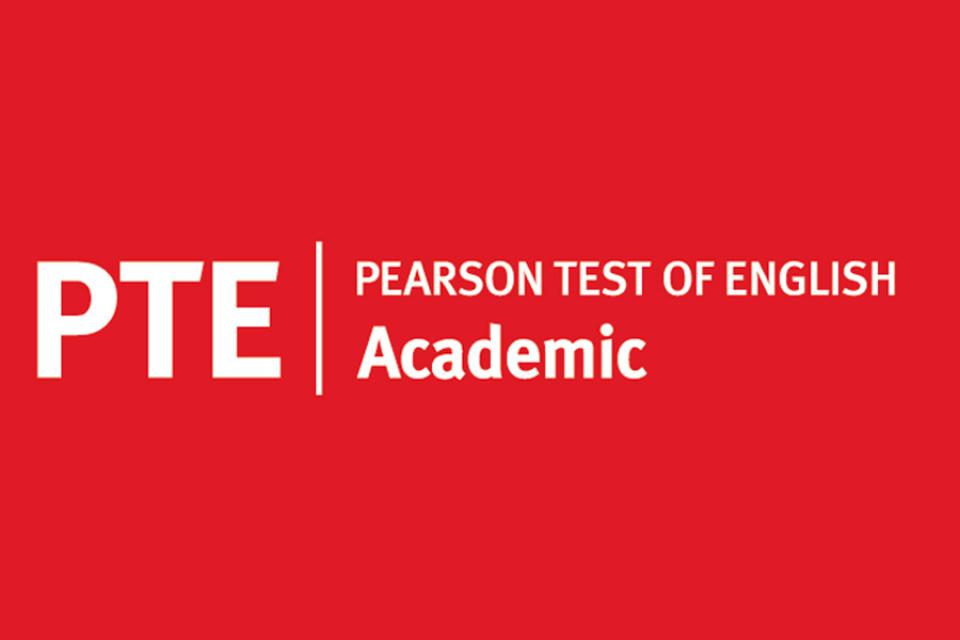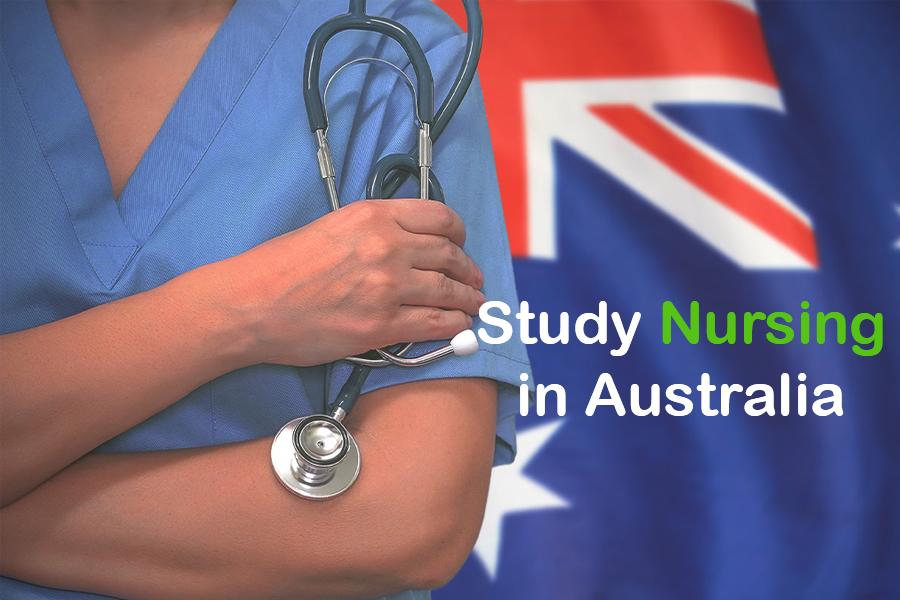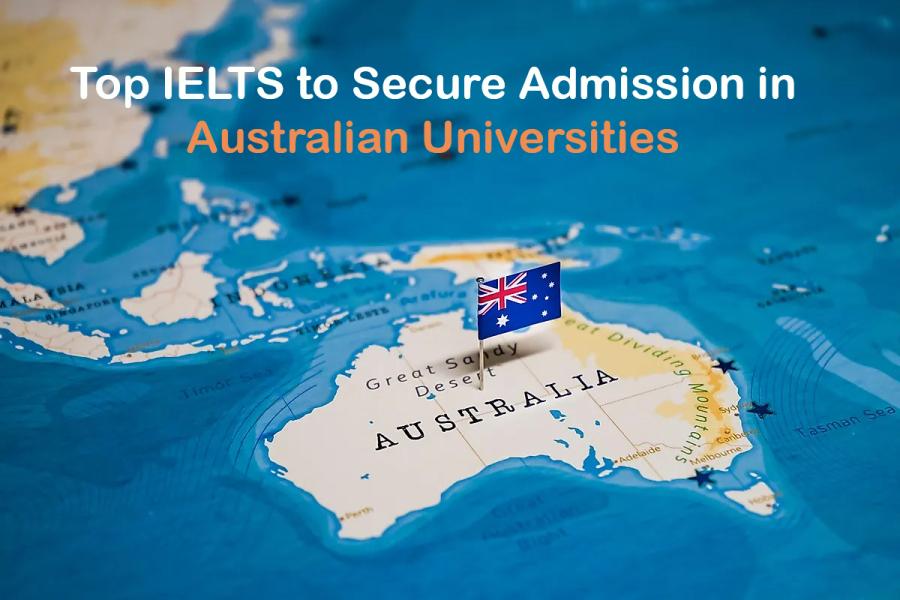Where are You Planning?
Interested in studying abroad with TEC?
Why us?
High Visa Rate
Experience a higher success rate with our expert visa services! Our team’s in-depth knowledge and personalized approach ensure your application stands out. Trust us to guide you smoothly through the process and maximize your chances of approval.
Experienced Teachers
Our experienced teachers are dedicated to your success! With years of expertise and a passion for education, they provide personalized instruction and support tailored to your needs. Trust us to guide you with the best in the field.
Individual Career Counselling
Unlock your potential with our individualized career counseling! Our expert advisors offer tailored guidance and support to help you navigate your career path, set clear goals, and achieve your professional aspirations. Your success is our priority!
Expertise In Counselling
Ace your next interview with our expert assistance! We provide tailored coaching, practice sessions, and valuable tips to boost your confidence and improve your performance. Let us help you make a lasting impression and secure your dream opportunity.
Enroll Now
Let us make your Abroad Studies come true!
Make a quick call appointment with us. We’ll guide you through whole process !!
Inquiry NowBlog
Study Abroad Blog | Expert Best Tips & Educational Guidance - Takshashila Education Consultants
Takshashila Education Consultants (TEC)
Takshashila Education Consultants (TEC) believes that education is the foundation of a brighter future. As a leading provider of English proficiency training, including IELTS preparation, and a trusted name in International Education Consulting, we are dedicated to helping students achieve their academic and career dreams. With a strong global network and partnerships with reputed universities and colleges across the world, TEC is your gateway to higher education opportunities in top English speaking countries.
We understand that every student has unique aspirations, strengths, and challenges. That is why our expert counsellors take the time to provide personalized guidance, from helping you choose the right course and university to preparing strong applications that stand out. Our team not only supports students in achieving admission success but also assists in test preparation, documentation, and the visa process, making the entire journey to studying abroad smooth and stress-free.
At TEC, we are proud to be more than just consultants; we are mentors and partners in your academic journey. With a focus on transparency, integrity, and proven results, we have built a track record of guiding students toward successful futures. Our mission is to empower individuals through global education, ensuring they are prepared for the challenges and opportunities that await them. Choosing to study abroad is a life-changing decision, and at Takshashila Education Consultancy, we walk alongside you every step of the way. From the classroom to your dream university, we help you not only reach your destination but also thrive in your chosen path. Your journey to global education begins here, and with TEC, your future is in trusted hands.
